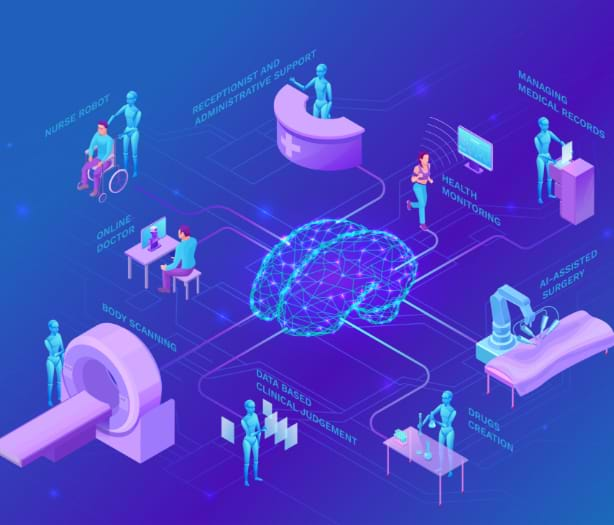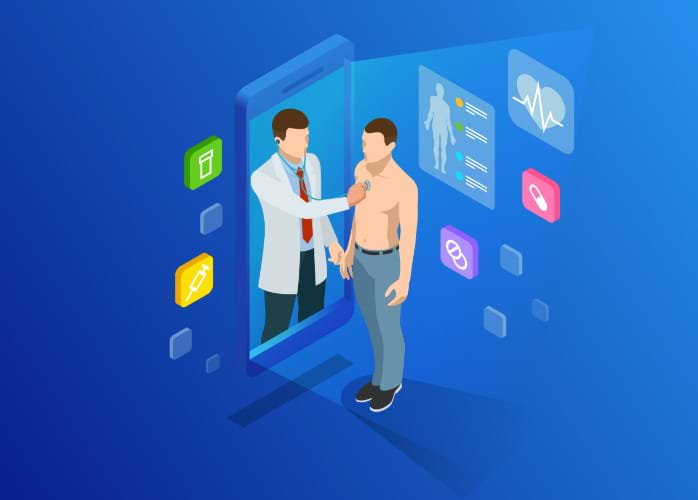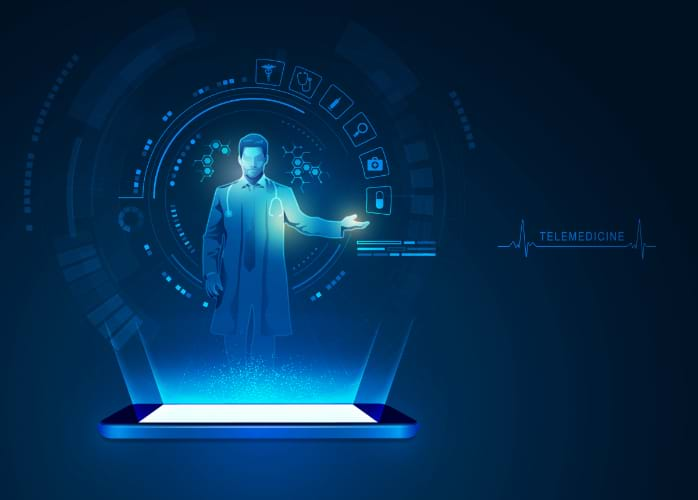
Nitelikli sağlık hizmeti için yapay zekâ
Dijital sağlık hizmetinin yaygınlaşmasıyla birlikte, doktorların iş ve zaman odağını değiştirecek yapay zekâ algoritmalarına ihtiyaç da artıyor. Yapay zekanın sağlık hizmetlerinde kullanımı aşamalı bir şekilde hayatımıza girecek. İlk olarak hastayı doğru yönlendirme için kullanılacak yapay zeka, ilerleyen yıllarda ise hekimden önce hasta şikayetini dijital muayene ile doğru sınıflayacak ve tahlil ve görüntüleme önerecek. Son aşamada ise birçok vakada ilaç ve tedavi belirleme işlemi de de insan hekim yerine yapay zeka tarafından gerçekleştirilecek. GalenMind geleceğin tıbbında yapay zekanın kullanımı için şimdiden geliştirilen bir teknoloji.


